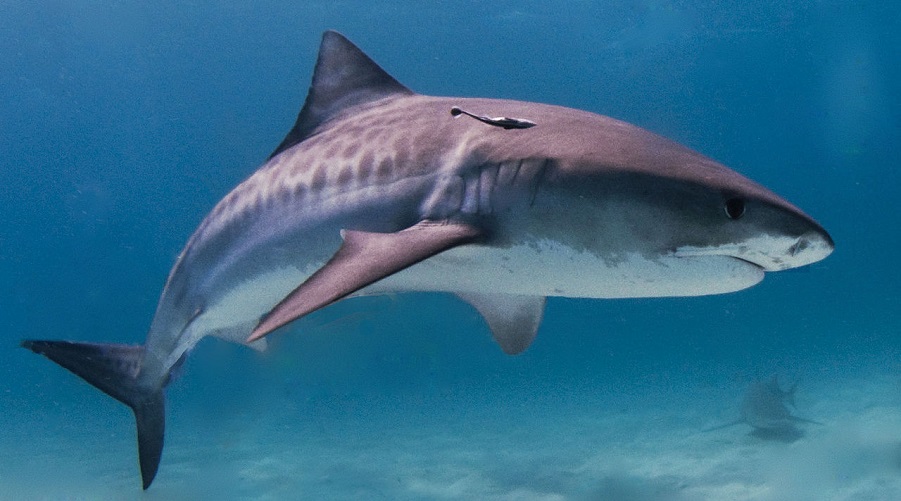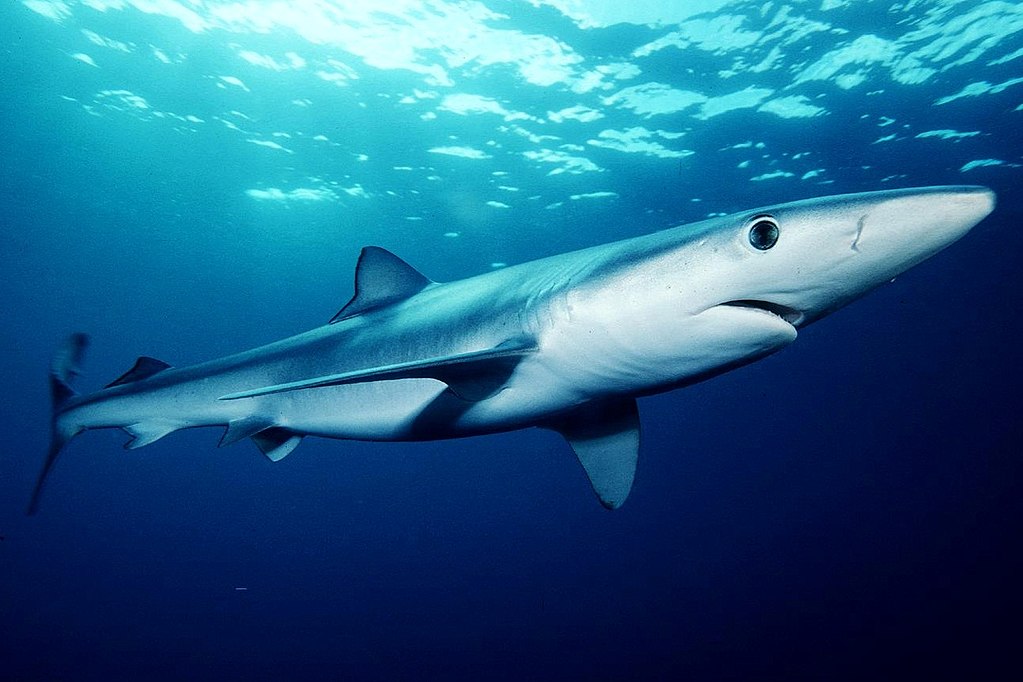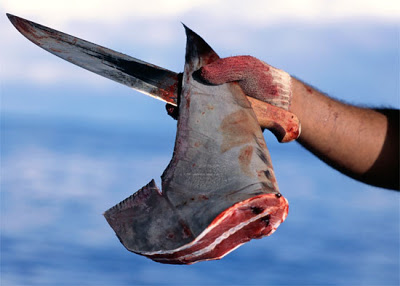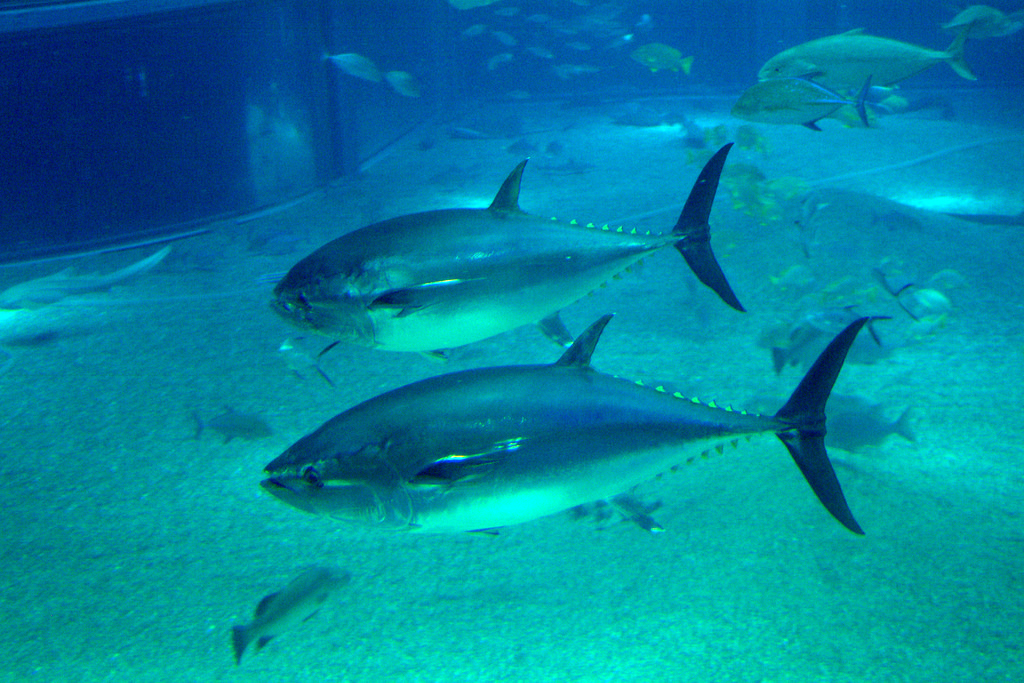
Tiger shark. Photo by Albert kok, Wikimedia Commons.
“Killing sharks is ocean vandalism,” Jessica Meeuwig, head of the Marine Futures Lab at the University of Western Australia and a close collaborator of the Sea Around Us and the Sea Around Us – Indian Ocean, told journalists following reports of a 395-kilogram tiger shark having been caught by a recreational fishing crew during a competition off the coast of Sydney.









